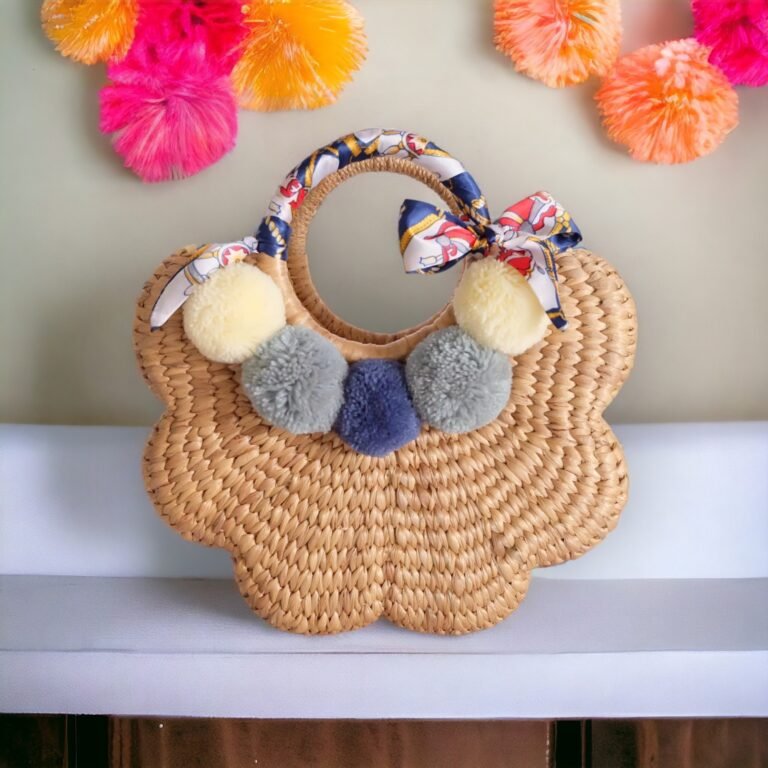-
STRAW BAG COLLECTION
- All Straw Bags & Purses
- Bridal & Bridesmaid Wedding Straw Bags & Purses
- Coloured & Dyed Straw Bags & Purses
- Decorative Straw Bags with Pom-Poms & Accessories
- Eco-Friendly & Natural Straw Bags & Purses
- Embroidered & Floral Straw Bags & Purses
- Handmade Straw Bags & Purses
- Kids’ & Children’s Straw Bags & Purses
- Round & Box Styled Straw Bags & Purses
- Small Mini Straw Bags & Coin Purses
-
- Straw Vacation Travel Bags & Purses
- Crossbody & Messenger Straw Bags & Purses
- Backpack & Rucksack Straw Bags & Purses
- Gift & Occasion Straw Bags & Purses
- Picnic & Countryside Straw Bags & Purses
- Festival & Boho Straw Bags & Purses
- Vegan & Cruelty-Free Straw Bags & Purses
- Luxury & Designer Straw Bags & Purses
- Everyday & Casual Straw Bags & Purses


